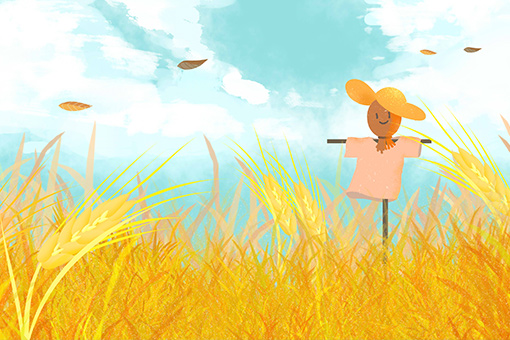Preliminary practice entails five practices, starting from taking refuge, up to guru yoga. Relying on the capacity of these five practices, one can realise emptiness, which is referred to as realising the nature of mind in the Chan tradition, it means actualising the truth of phenomena. In tantric context, it’s referred to as realising the primordial wisdom. What is it meant by primordial wisdom? Buddha nature is the primordial wisdom.
~Depicted from LUMINOUS WISDOM BOOK SERIES











